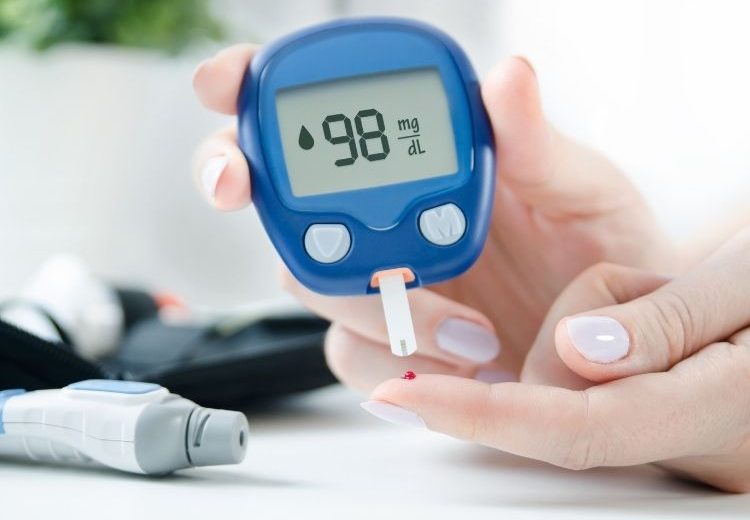
Type 2 diabetes is one of the most common chronic diseases in the world today. It affects millions of people and, in many cases, deeply impacts their quality of life. Constant fatigue, slow wound healing, blurred vision, and circulation problems are just some of its consequences. In light of this, regenerative medicine emerges as a hopeful approach that not only aims to relieve symptoms but also to improve key internal functions of the body.
What Is Regenerative Medicine and How Does It Apply to Type 2 Diabetes?
Table of Contents
Regenerative medicine is a field that uses cells, biomaterials, and biological therapies to repair, replace, or regenerate damaged cells and tissues. In people with type 2 diabetes, the primary focus is on reducing chronic inflammation, improving the function of affected organs (such as the pancreas, liver, and kidneys), and contributing to a healthier metabolic balance.
At ProgenCell, we use autologous stem cells (obtained from the patient’s own body) as part of personalized protocols designed to support the body from within.
What Potential Benefits Can Stem Cells Offer Patients with Type 2 Diabetes?
Various studies have shown that mesenchymal stem cells can help:
- Reduce systemic inflammation, especially in tissues like the pancreas, which may help preserve the function of insulin-producing beta cells.
- Regulate immune response and reduce oxidative damage in organs affected by diabetes.
- Promote vascular regeneration, which can positively impact wound healing and circulation.
Although it is not a cure, regenerative medicine can serve as a complementary support to traditional treatment, helping the patient improve overall wellness and slow down the deterioration of key organs.
Diabetes, Metabolic Health, and Global Trends
In recent years, interest in new alternatives to address chronic diseases from a more holistic perspective has grown. The concept of healthy longevity is no longer just about living longer, but about living better. Metabolic health has become a key indicator of wellness and prevention.
By combining nutrition, movement, consistent medical monitoring, and regenerative therapies, many patients are achieving greater control over their condition and better quality of life. This is especially relevant today, as diabetes is increasingly affecting younger people due to sedentary lifestyles and poor nutrition.
What Regenerative Medicine Does NOT Do
It’s important to have realistic expectations. Stem cell therapies do not replace insulin nor eliminate the need for specialized medical follow-up. This is not a magical solution, but a tool that can be integrated into a broad, evidence-based medical approach to support essential body functions.
At ProgenCell, every patient is thoroughly evaluated by our medical team to determine whether this type of treatment is suitable for their specific condition.
An Informed Decision, a Step Toward a Better Life
If you live with type 2 diabetes and are looking for new alternatives to complement your treatment, regenerative medicine may offer you an option supported by science and clinical experience.
By reducing inflammation, supporting cell function, and promoting internal regeneration, stem cell therapies may help you experience more energy, less physical discomfort, and improved quality of life.
Take a moment and ask yourself: “How do I want to live the next few years?”
Schedule your evaluation at ProgenCell and discover if a regenerative treatment is right for you. We are here to support you—with science, empathy, and experience.










